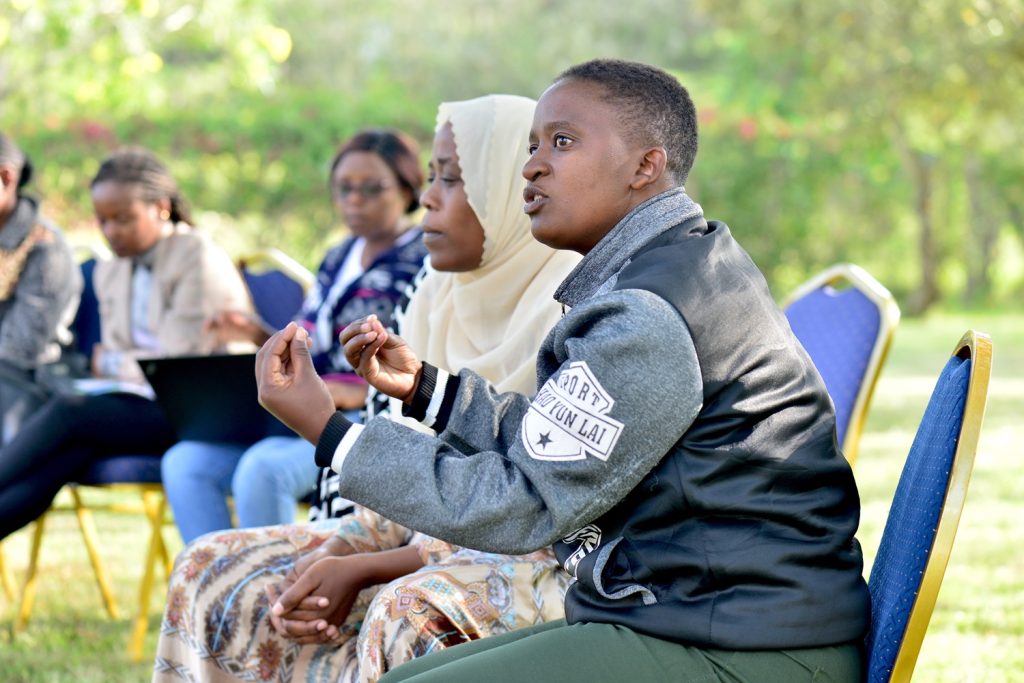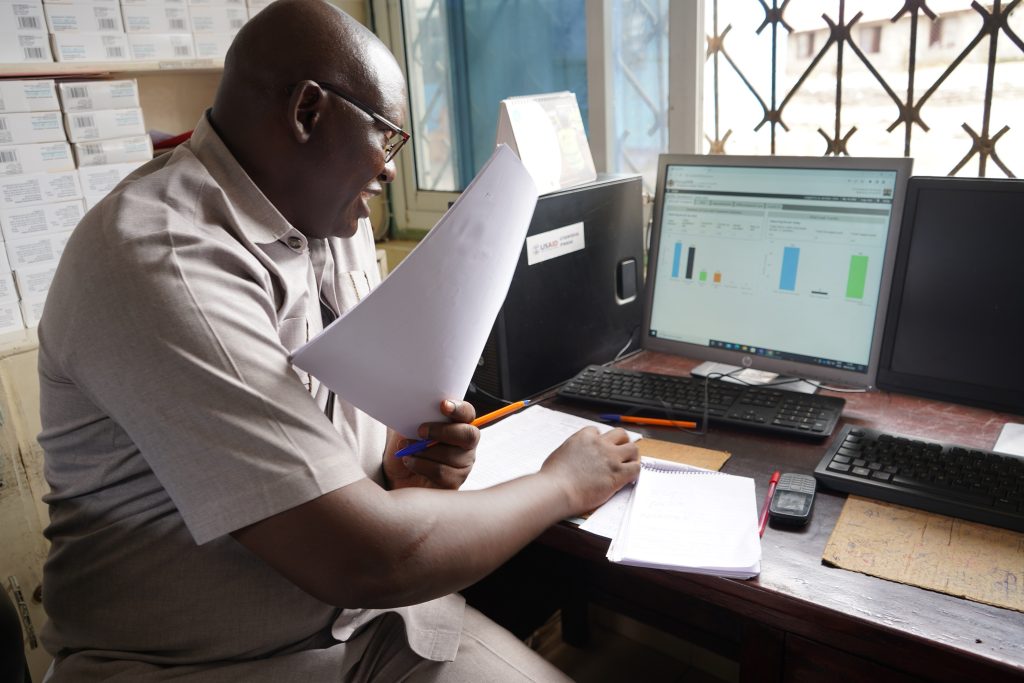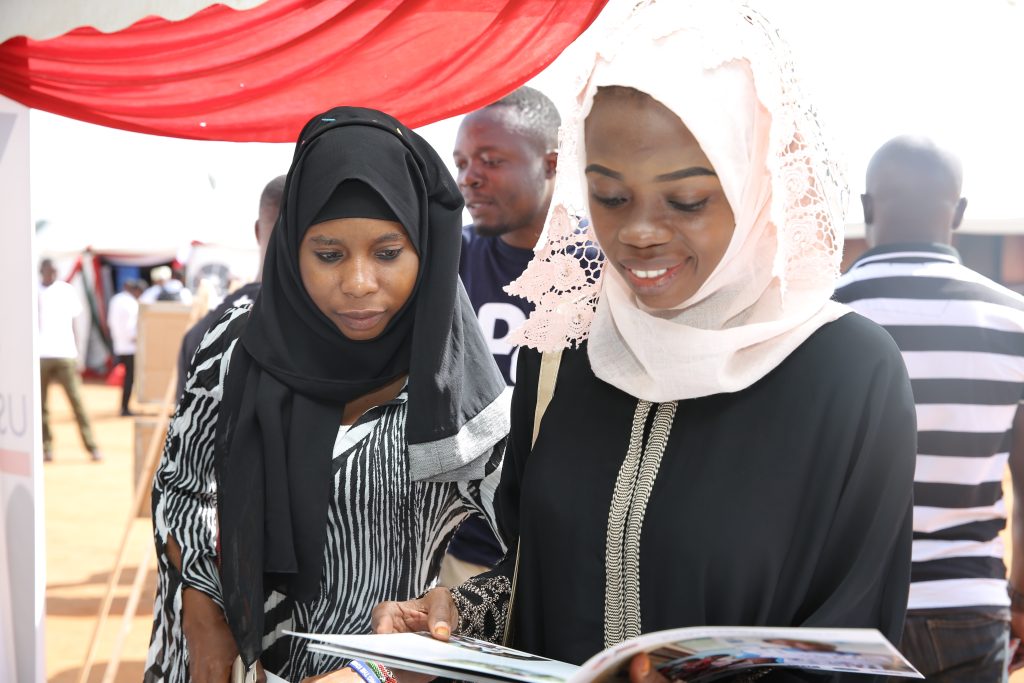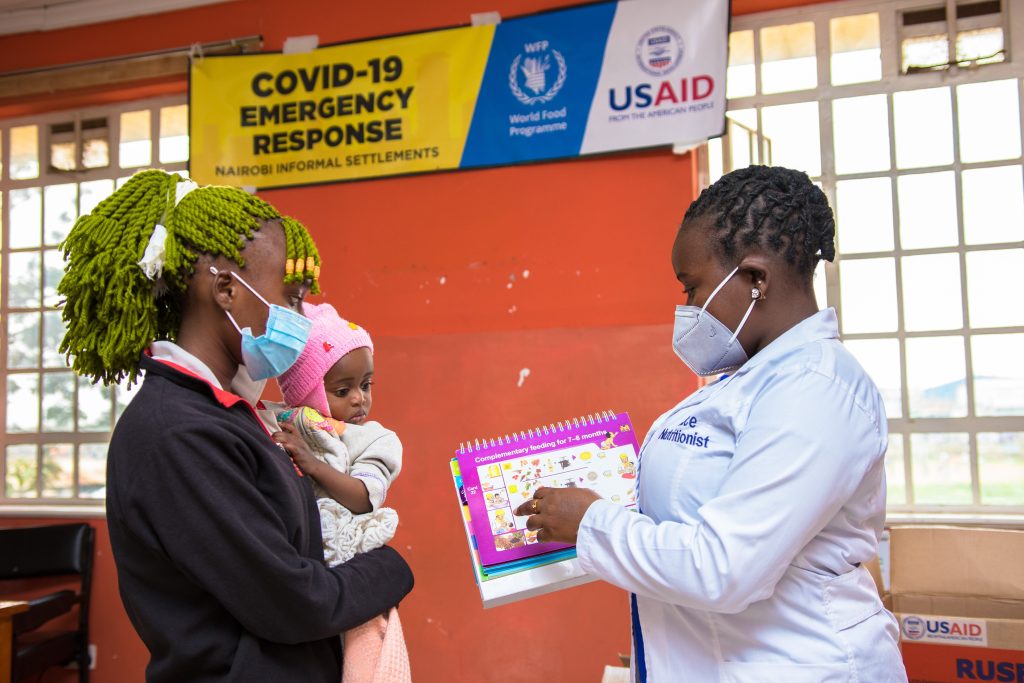In alignment with USAID’s guiding principle, USAID HERO is applying a systems thinking and systems practice approach to implementation that recognizes the complexity of the health system and the inter-connectivity between its different components. Our approach aims to advance a strong, well-functioning, and responsive health system that enables vulnerable and underserved people to derive health, social, and economic benefits. We combine implementation by local actors with monitoring to ensure high-impact interventions. The core of our approach is local capacity development while respecting the devolved system of health governance.

Capacity Building
In line with USAID localization vision, USAID HERO recognizes the importance of shifting local stakeholders’ perceptions and moving them to lead, own, and manage their future. We support and promote local organizations and the private sector to own and co-lead engagements through buy-in and aligning the mechanism’s activities with local goals. Sustainability is at the core of the Journey to Self-Reliance (J2SR) and a key aspect of USAID HERO’s approach capacity building activities. We integrate tools and approaches with local partners (CSOs, county government) own systems and daily work-flow processes.
Data Analytics


Granting
In line with our sustainability plan, USAID HERO provides a grant for local civil society organisations to support advocacy efforts towards strengthening health systems. We work closely with CSOs at the target counties as they independently do and fund advocacy as we build their capacity to participate fully in the budgeting process. Our granting mechanism is competitive and is designed to support USAID Journey to Self-Reliance (J2SR) objectives.
Gender Mainstreaming
USAID HERO aims to reduce all gender-related barriers to economic participation by embedding gender considerations at all stages of the project. We ensure meaningful integration of gender and social inclusion into all project activities, monitoring, evaluation, and learning activities while examining differential impacts of the health system on women and men by including gender dis-aggregated data analytics. As we work towards strengthening social protection, we deliberately identify women- and youth-led CSOs already engaged in GESI to provide input and ensure the most vulnerable are protected from financial risk and are able to access health services equitably.

